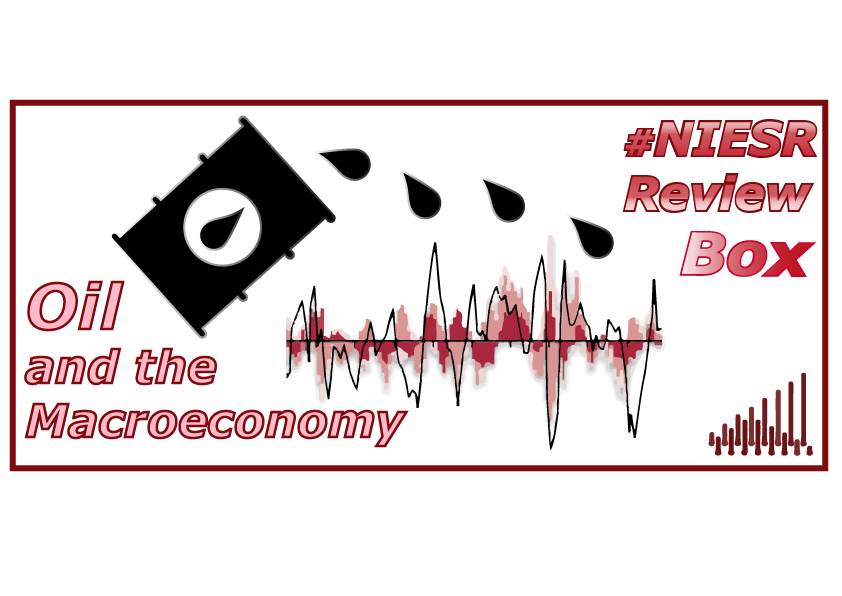- Home
- Publications
- Oil And The Macroeconomy
Oil and the Macroeconomy
Sign in to Access Pub. Date
Pub. Date
 Pub. Type
Pub. Type

Downloads
This content is restricted to corporate members, NiGEM subscribers and NIESR partners.
This is a preview from the National Institute Economic Review, February 2018, no 243.
This Box, prepared by NIESR Senior Economist Jason Lennard and Konstantinos Theodoridis, Professor of Macroeconomics at Cardiff Business School, analyses how an exogenous increase in the price of oil might affect the economy, through a simulation with our National Institute Global Econometric Model (NiGEM).
"Oil price changes can affect the economy through a number of channels. One channel is simply through the valuation of oil for oil-producing economies. For those that produce oil, a rise in oil prices raises revenues. A second channel is through the terms of trade. A rise in oil prices is likely to improve the terms of trade for oil exporters, but worsen the terms of trade for importers... (...) A third channel is the role of energy as a factor of production. A rise in the price of oil might reduce usage, leading to a decline in potential output. A fourth channel is through prices... "
Related Blog Posts



Public Debt Sustainability and Fiscal Rules
Stephen Millard
Benjamin Caswell
05 Feb 2024
4 min read

Related Projects
Related News

Call for Papers: Lessons From Quantitative Easing & Quantitative Tightening
09 Feb 2024
1 min read



Related Publications

The Financial (In)Stability Real Interest Rate, R**, as a Monetary Policy Constraint
07 Feb 2024
Global Economic Outlook Box Analysis

Geopolitical Risks and the Global Economy
07 Feb 2024
Global Economic Outlook Box Analysis

The Spectre of a US House Price Correction
07 Feb 2024
Global Economic Outlook Box Analysis

Inflation Differentials Among European Monetary Union Countries: An Empirical Evaluation With Structural Breaks
20 Nov 2023
National Institute Economic Review
Related events

Assessing Cycles and Structural Changes in Markets

Business Conditions Forum

2022 Dow Lecture: The Economy and Policy Trade-Off





